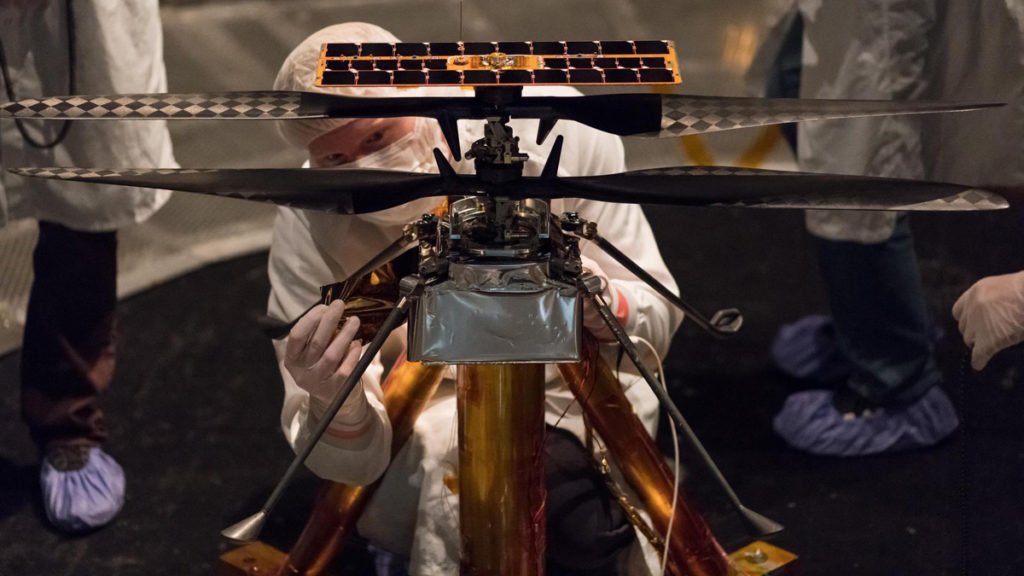
This week’s Mars 2020 Perseverance Rover landing marks another triumph for Linux, as its remote-controlled helicopter, Ingenuity, runs on the open-source OS. Ingenuity will attempt a number of short flights on the red planet, around 90 seconds each, which will be challenging based on the thin air density (roughly 1 percent of Earth’s) and temperature of Mars. Tim Canham, Mars Helicopter Operations Lead at NASA’s Jet Propulsion Laboratory, sat down with IEEE Spectrum and explained how they will be using the popular OS.
This the first time we’ll be flying Linux on Mars. We’re actually running on a Linux operating system. The software framework that we’re using is one that we developed at JPL for CubeSats and instruments, and we open-sourced it a few years ago. So, you can get the software framework that’s flying on the Mars helicopter, and use it on your own project. It’s kind of an open-source victory because we’re flying an open-source operating system and an open-source flight software framework and flying commercial parts that you can buy off the shelf if you wanted to do this yourself someday. This is a new thing for JPL because they tend to like what’s very safe and proven, but a lot of people are very excited about it, and we’re really looking forward to doing it.
Canham added that his team approached Ingenuity as a technology demo and built it with off-the-shelf hardware. Ingenuity uses a Qualcomm Snapdragon 801 processor commonly found in mobile devices, with guidance loops running at 500 Hz. Images will be captured at 30 Hz. Nearly all of Ingenuity’s parts are available via commercial means; some were ordered from Colorado company SparkFun Electronics.
